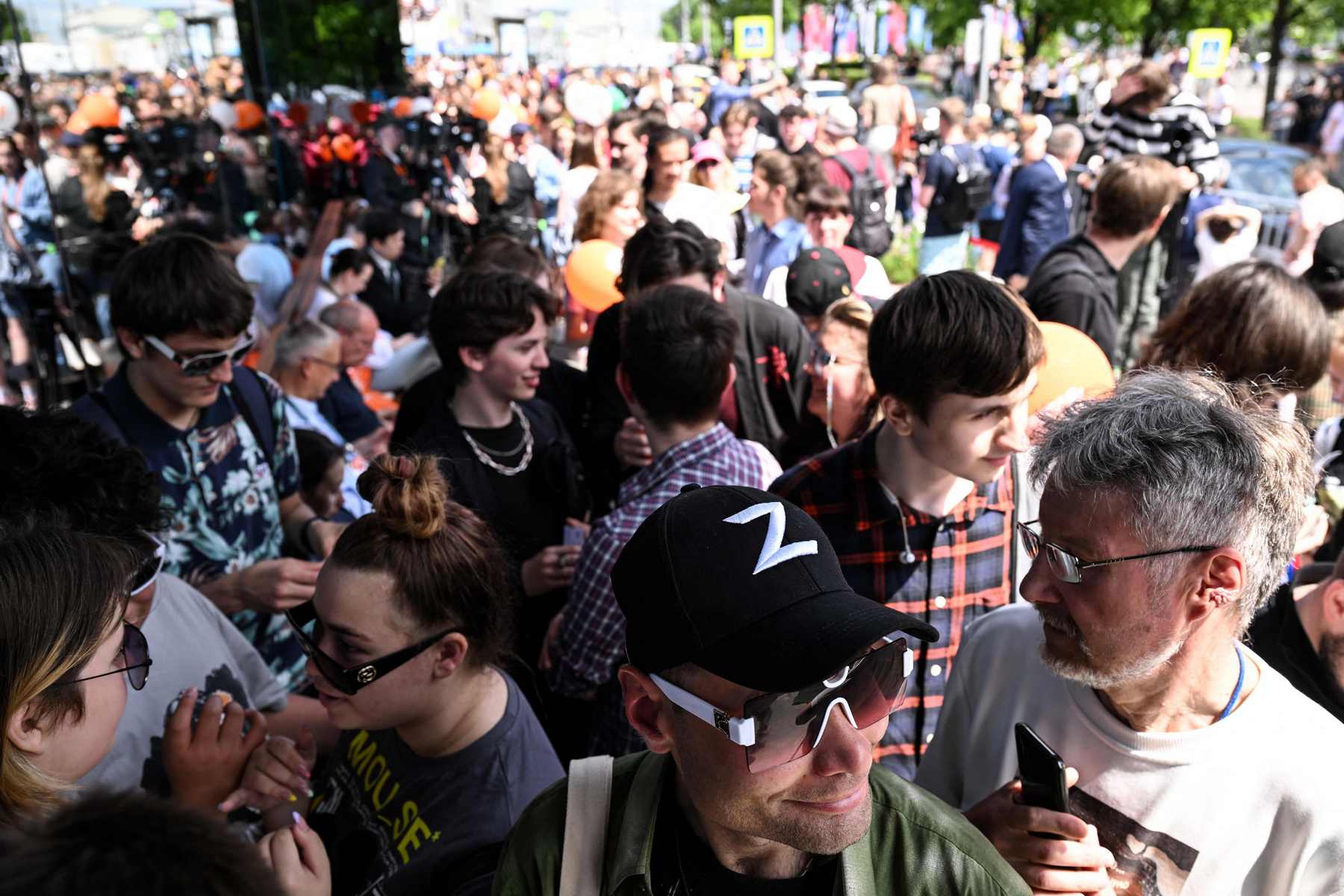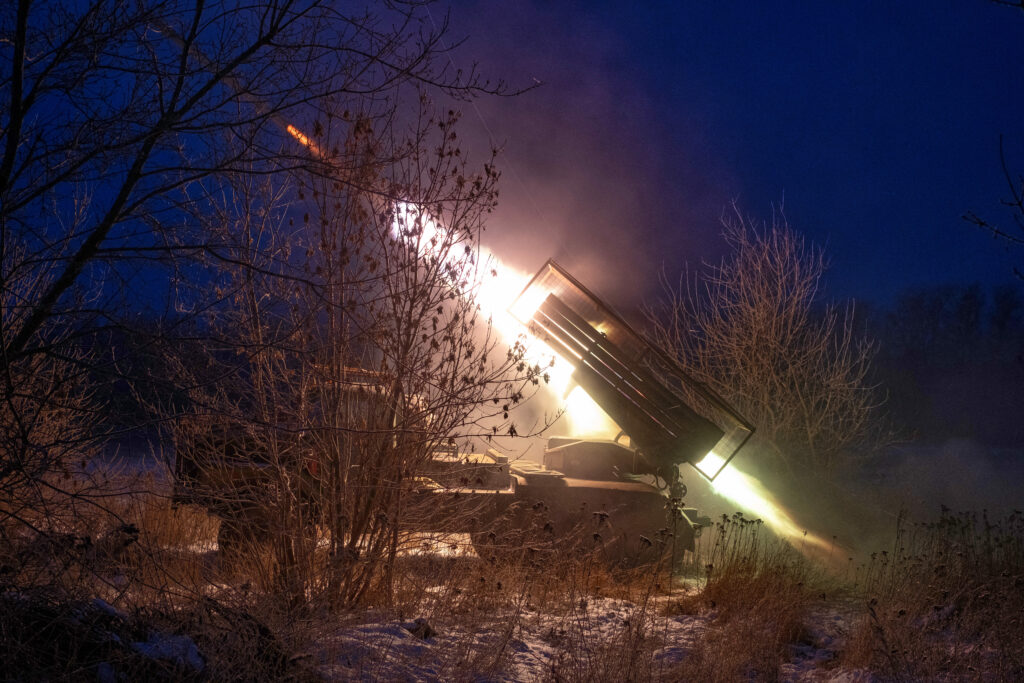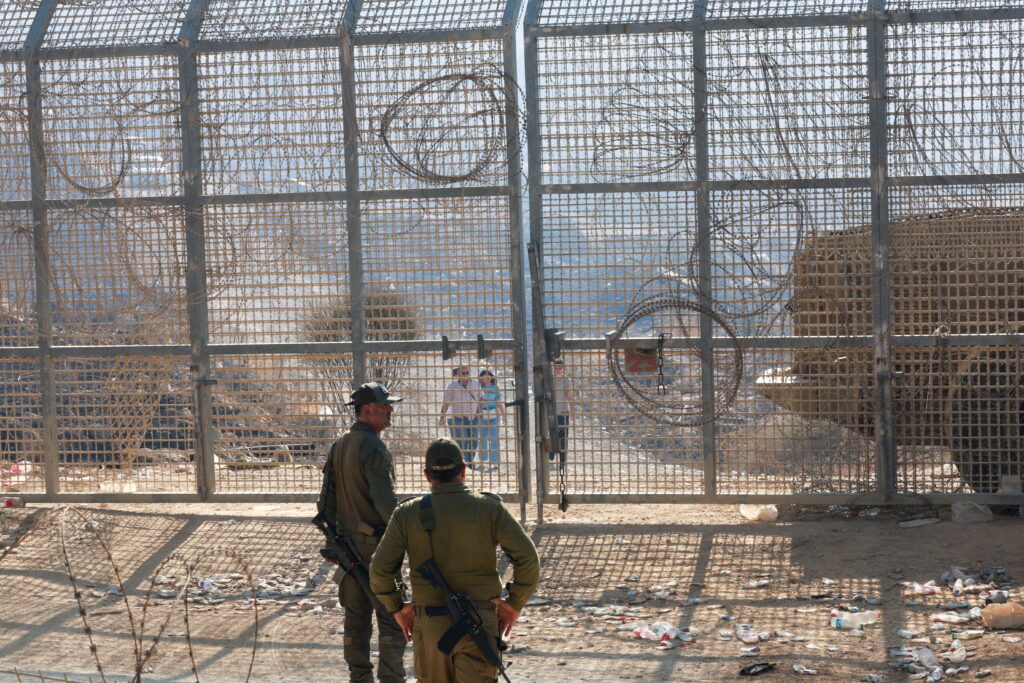The Levada Centre, labelled a ‘foreign agent’ long ago, conducts monthly polls among Russian residents (based on a sample of 1,600 people 18 and over). The polls are conducted according to a reliable, internationally recognised methodology. A so-called representative sample is selected to include people of different ages, education levels, income, place of residence, etc. This accurately reflects the features of the entire population of the Russian Federation. Sampled respondents are then interviewed in their homes by specially trained interviewers. This method is more complicated and more expensive than telephone surveys, but it has proven to be more suitable for Russian conditions. According to a survey conducted by the Levada Centre in April, respondents are more than twice as likely to agree to participate in a face-to-face interview than a telephone interview.
We are often asked whether people are not afraid to let strangers into their homes or to answer sensitive questions. Yes, some people are afraid of strangers. Some don’t want to answer difficult questions. These are well-known problems when using this method, encountered even by George Gallup, who developed it in the USA in the first half of the twentieth century. Researchers have long since learned to partly overcome these shortcomings and to partly offset them. Special tests have shown that the situation with polls in Russia — and in these turbulent times as well — is within the established statistical standards. We can contrast the mistrust voiced by some commentators about the public’s confidence in polls with the opinion of the Russian population: 54% state that they trust the results of opinion polls on political issues.
Thus, as far as the methods themselves are concerned, the situation is within the norm; the results can still be trusted today as much as ever. But what the findings obtained by these methods have shown leads us to conclude the following: Russian mass consciousness is in a peculiar state.
For example, the question ‘Do you approve of Putin’s activities as President of the Russian Federation?’ is usually answered positively by about two thirds of respondents. This is the famous Putin approval rating, which has hardly ever fallen below 60%. Moreover, following military victories over Georgia (2008) and Ukraine (2014), the figure rose to 88%. Now Russians are awaiting another victory in the so-called special operation in Ukraine, and Putin’s approval rating has solidified at around 83% since March. (The operation itself was supported by over 80% in March and 77% in May.) Respondents’ reactions partly depend on exposure to different sources of information. The main TV channels are under full state control, and the Internet is under partial control. Those who consider the Internet their main source of information are two to four times more likely than TV audiences to disapprove of Putin’s activities and the actions of Russian troops.
The enthusiasm experienced by Russian society in anticipation of victory, and 75% expect victory, can be explained by the fact that it is victory not only and not so much over those who were recently called brothers but over Russia’s eternal enemy — the West (aka NATO, aka the US and its satellites) — which is expected.
The notion of the West as an enemy which threatens Russia is deeply entrenched in Russian consciousness, and it dates back to the schism in Christianity, resulting in the Eastern and Western churches, and the conflict between them. (The very opposition between the East and West is even older, rooted in the ancient world.) In more recent times, the Russian literary elite drew heavily on German sources, creating an ideology of so-called Slavophilia, as opposed to Westernism (zapadnichestvo). (Germany itself, which currently seems to be the most Western of Western countries, used to present itself in opposition to the morally inferior West not so long ago.)
However, Russians are used to the fact that nearly everything which is associated with progress in material well-being originates in the West. (Much of it now comes by a roundabout route via China.) From time to time, those who see this as an evil for Russia liven up and call either for abandoning these goods or for replacing them with homemade ones. In general, our outbursts of both attraction to and hatred of the West are cyclical in nature. They recur and will continue to do so. Now we are in the midst of another cycle of Westophobia, and its enthusiasts think it will last forever. No, not forever, but such sentiments will dominate for some time among part of the elites and society at large.
It is convenient to perceive the West/US as an eternal enemy and source of any trouble that arises. Here, for example, is the explanation provided to Russians for why a significant number of countries have condemned Russia’s actions against Ukraine. And this is how Russians presented these explanations in a poll (March 2022, more than one answer could be selected):
- They are brought to heel by the US and NATO — 36%
- They have been misinformed by Western media — 29%
- The world has always been against Russia — 27%
- They believe Russia has violated international law and Ukraine’s rights — 16%
- They fear Russia will act against them the way it did against Ukraine — 15%
- They are outraged by Russia’s actions and sympathetic to Ukraine — 12%
It is noteworthy that the older generation was more than twice as likely as younger respondents to choose the response that the US and NATO had brought other countries to heel. And younger people were six to seven times more likely than the elderly to say that Russia had violated international law and Ukraine’s rights and that other states were outraged by Russia’s actions and sympathetic to Ukraine. (However, it should be taken into account that, in terms of the composition of the overall population, there are twice as many elderly as young people in Russia.)
It would not be correct to say that Russian society is divided with regard to the special operation, as an absolute majority selected answers in support of it. Despite this unanimity, people reacted to these events or, more precisely, to the news about them with different emotions.
Half of the responses collected in March (the operation had already being going on for a month) indicated that Russia’s military pursuits generated ‘pride in Russia’. Another 15% of the answers reflected either ‘satisfaction’, ‘joy’ or ‘enthusiasm’ – a total of around 65% of responses. But the responses indicating ‘anxiety’, ‘fear’, ‘shame’ and ‘indignation’ had exactly the same combined weight. The respondents could give any number of answers. For example, those who mentioned ‘pride’ could also express ‘fear’. Thus, this is not a split society, but these survey results demonstrate there are deep contradictions in the mass consciousness. These contradictions may exist in the mass consciousness of the society as a whole, as well as in the consciousness of individual social groups and even in individual consciousness, which may be felt by many of those reading this article. The natural drive to support their country, to be on its side, is accompanied by the following thought: I cannot possibly do that.
The Russian authorities’ demand to call actions in Ukraine a special operation instead of a war coincides with the views of many Russians. According to many Russians, only conflicts on a global scale involving the use of nuclear weapons deserve to be called a war. This is not yet the case.
How will the conflict end? The conflict with Ukraine cannot end in a Ukrainian victory, Russians think. (One person out of a hundred admits the possibility of a Ukrainian victory.) ‘Neither side will have the upper hand’ – this is the opinion of 15% overall, but this opinion is shared by up to 20% within some groups. Still, the prevailing opinion expressed by three quarters of the population is that the conflict will end in a ‘Russian victory’. (What is understood by a Russian victory is not so important. What is important is that it will be experienced as a victory.)
And while the vast majority are absolutely certain of a Russian victory, the respondents do not have a single answer to the question of when it is going to be achieved. The shortest time horizon mentioned is that within ‘no more than a month’. This answer was provided by a minority of 2%. ‘One to two months’ was the estimate of 9% of the respondents (and 13% among the young and impatient). The most frequent answer (26%) was ‘two to six months’, while ‘half a year to a year’ was mentioned by 23%. Twenty-one per cent of the respondents indicated a timeline of ‘more than a year’. Nearly the same percentage (19%) refused to give a precise deadline. Such a wide distribution means that Russian society simply does not have an answer to this question.
The experience of the Afghan and Chechen campaigns (which were also not allowed to be called wars) shows that when a military conflict becomes protracted, there are forces that have an interest in it. It was common for respondents who had participated in these earlier campaigns to express the belief that the war was being prolonged because ‘someone wanted it’ that way. Sometimes specific interested parties were named, from men in uniform and grey men to businessmen and politicians. Whether this will happen with the current conflict remains to be seen.
In addition to the prospect of a protracted conflict, there is another popular option: the prospect of the special operation evolving into something on a larger scale. (We did not use the banned word in the question.) In late May we asked about ‘the possibility of the conflict with Ukraine escalating into an armed conflict with NATO’. Forty-two per cent gave a negative answer, but almost half of the respondents (48%) answered in the affirmative. It is noteworthy that the youngest respondents gave an affirmative answer much more often. (Could it be that half of them were men of conscription age?)
Speaking of a confrontation between Russia and NATO, who should be afraid of whom? Two questions referred to this issue. On average, it appears that, in the opinion of Russians, NATO countries have as much reason to fear Russia as Russia has to fear NATO (around 60% of opinions in both cases). However, it appears that, in the opinion of young people, it is more likely that NATO should fear us (an 11-point lead), and in the opinion of the elderly, it is more likely that Russia should fear NATO (also an 11-point lead). Of course, it can be assumed that young people overestimate Russia’s military potential while the elderly underestimate it. But further questions reveal that this is not the case.
In May, Dmitry Medvedev, the Deputy Chairman of the Security Council of Russia, stated that ‘a direct and open conflict between NATO and Russia (…) always has the risk of escalating into a full-fledged nuclear war’. Therefore, we asked: ‘In the event of war with the West, do you think Vladimir Putin could order the Russian military to be the first to use nuclear weapons?’
The answers ‘very likely’ and ‘rather likely’ were given by 34% in total, 31% among older respondents and 40% among older youth. An even higher percentage of respondents among the latter group, 50%, expressed their fear in this regard. Young people more frequently admit that the commander-in-chief of Russia’s Armed Forces might be the first to resort to a (preventive, pre-emptive) nuclear strike.
Polls do not reveal politicians’ plans and intentions, but they do allow us to monitor our fellow citizens’ opinions, desires, fears and reservations with regard to them.










